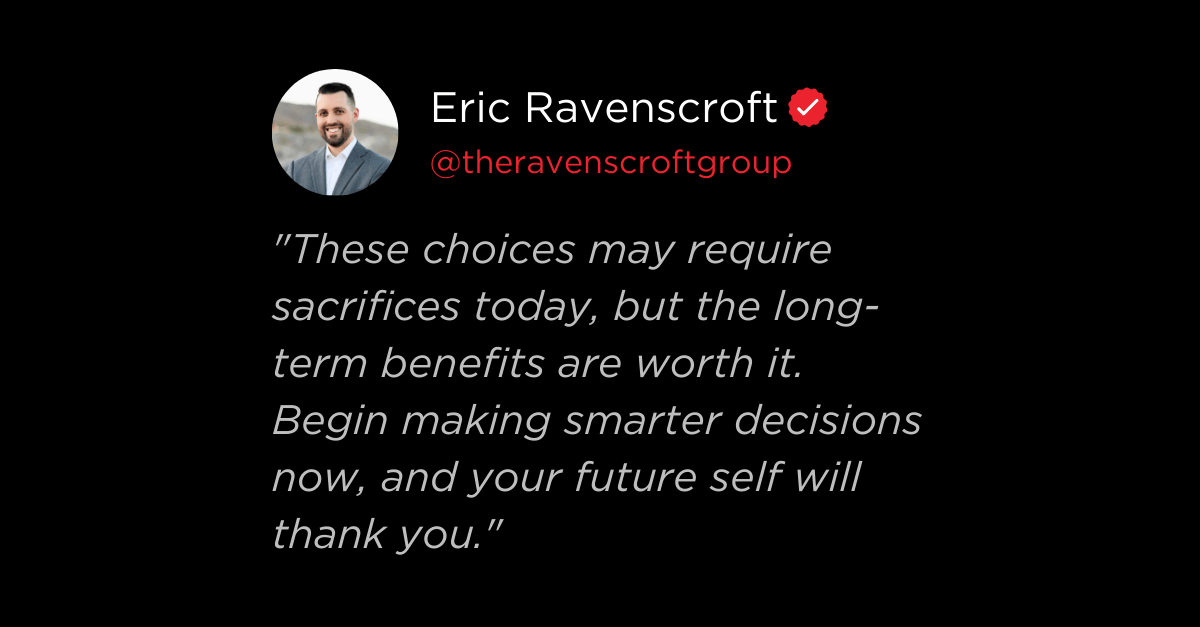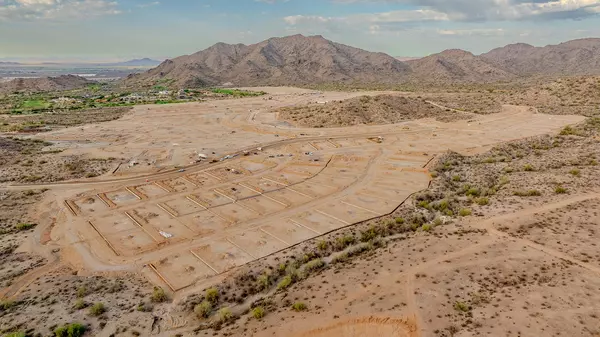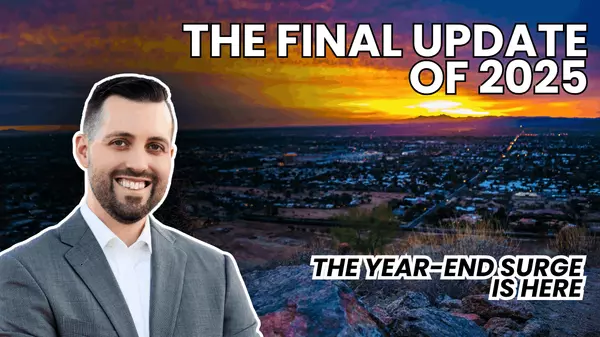Smart Financial Choices: Building Wealth for a Secure Future
Real Estate: Your Financial Decisions Today Will Shape Your Tomorrow

The financial choices you make today will profoundly influence your life 10, 15, or even 20 years from now. Building wealth is vital for a secure future, and steering clear of common financial missteps can set you on the path to long-term success. Below are some key financial mistakes to avoid and strategies to help you make smarter choices.
1. The Power of Budgeting
One of the most significant risks to financial stability is failing to budget. Without a clear plan for your income, your money can disappear without you even realizing it. Budgeting is essential for managing your finances, ensuring you know exactly where your money goes each month, and enabling you to make informed decisions about your spending.
- Track Every Dollar: Knowing where your money is going is the first step toward better financial health.
- Set Priorities: Allocate funds for essentials, savings, and discretionary spending.
- Adjust as Needed: Review your budget regularly and adjust it based on changes in income or expenses.
Example: Imagine you earn $3,000 per month. Without a budget, you might unknowingly spend $200 on dining out, $100 on coffee, and another $300 on impulse purchases, leaving little for savings. By setting a budget, you can allocate $1,500 for essentials, $500 for savings, and still have $1,000 for discretionary spending.
2. Avoiding Overspending on Non-Essential Items
Overspending on non-essential items can severely impact your financial health. For example, if you earn $80,000 annually and purchase a $60,000 car, you place a significant strain on your finances. I learned this lesson firsthand when I bought a brand-new car at 18. Since then, I've steered clear of depreciating assets like vehicles. This principle also applies to other non-essential items such as trendy clothes, the latest gadgets, and luxury tech.
Instead, focus on investing in appreciating assets like real estate, where your money can work for you over time. Remember, that small $5 coffee today can end up costing you much more in the long run. Every dollar counts!
Example: Rather than buying a new smartphone every year—on which Americans spend an average of $1,700 annually—consider investing that money instead. Over ten years, with an average annual return of 7%, your investment could grow to over $26,000.
3. Thinking Long-Term
Achieving financial success requires patience, discipline, and delayed gratification. Embrace the mindset of "pay now, play later." Planning for the future may require sacrifices today, but the long-term benefits are undeniable. Stay committed to your financial goals and be diligent in your spending and saving habits.
- Focus on the Future: Understand that sacrifices made today can lead to financial freedom tomorrow.
- Leverage Compound Interest: The earlier you start saving, the more time your money has to grow.
- Plan for Retirement: Utilize retirement accounts like a Solo 401(k) to secure your financial future.
Example: If you start saving $200 a month in a retirement account at age 25, by the time you’re 65, with an average annual return of 7%, you’ll have accumulated approximately $524,000.
In my experience, this is an area where many real estate agents struggle. Alarmingly few agents focus on long-term planning or take advantage of retirement vehicles like the Solo 401(k). These accounts not only prepare you for the future but are also tax-deductible business expenses. Neglecting long-term strategies can severely impact your financial future, making it crucial to prioritize them.
Example: If you contribute $2,000 a month to a Solo 401(k), you could amass $346,000 in 10 years with a 7% return.
4. Shifting Your Mindset About Money
Many people view money as a means to an end: work, earn, pay bills, and spend what's left on leisure. This mindset can keep you trapped in a cycle of financial stagnation. Instead, see money as a tool to create more wealth. Invest in appreciating assets that grow over time and break free from the paycheck-to-paycheck cycle.
- Adopt a Growth Mindset: See money as a tool to build wealth, not just as a way to pay bills.
- Invest Wisely: Focus on assets that appreciate over time, such as real estate and stocks.
- Build Passive Income: Look for opportunities to generate income streams that don't rely on your daily efforts.
Example: Instead of spending your entire paycheck, invest a portion in stocks, bonds, or real estate. Over time, these investments can generate passive income, reducing your reliance on your paycheck.
5. Prioritizing Emergency Savings
Unexpected expenses can easily derail your financial plans. Having an emergency fund is a crucial safety net. Aim to save three to six months' worth of living expenses in a readily accessible account.
- Be Prepared: An emergency fund is your first line of defense against financial instability.
- Set Realistic Goals: Start by saving small amounts regularly until you build up a sufficient fund.
- Avoid Using Credit: Relying on credit for emergencies can lead to high-interest debt.
Example: If your monthly expenses are $2,000, target saving between $6,000 and $12,000 in an emergency fund.
6. Avoiding High-Interest Debt
High-interest debt, like credit card debt, can quickly spiral out of control. Prioritize paying off high-interest debts as quickly as possible and avoid taking on new debt. If feasible, consider consolidating your debt to a lower interest rate.
- Prioritize Debt Repayment: Focus on eliminating high-interest debts first.
- Explore Consolidation: If you have multiple debts, consolidating them into a lower-interest loan can save you money.
- Build Good Credit Habits: Avoid future debt by spending within your means and paying off your balance each month.
Example: If you have $5,000 in credit card debt at a 20% interest rate and only make the minimum payments, it could take years to pay off and cost you thousands in interest.
Key Takeaways:
- Budgeting is crucial for financial stability and allows you to allocate funds effectively.
- Avoid overspending on non-essential items and focus on investing in appreciating assets.
- Long-term planning and delayed gratification are essential for financial success.
- Shift your mindset to see money as a tool for wealth creation, not just a means to an end.
- Prioritize building an emergency fund to safeguard against unexpected expenses.
- Pay off high-interest debt as quickly as possible to avoid financial strain.
By avoiding these common financial pitfalls and making strategic decisions with your money, you can build a secure and prosperous future. The choices you make today will shape your financial future—start making smarter decisions now, and your future self will thank you.
Take Action: Schedule an appointment today to review your finances and take advantage of my complimentary financial planning services. Let’s work together to secure your financial future.
Further Reading: Explore our related posts on long-term financial planning, smart investing strategies, and the benefits of a Solo 401(k) for real estate agents.
Categories
- All Blogs (249)
- 13707 W Linanthus Road (3)
- 2223 N BEVERLY Place (5)
- Active Adult & 55 Plus Communities (12)
- Alamar (1)
- Anthem (3)
- Anthem Arizona (3)
- Arizona Relocation Guides (11)
- Avondale (2)
- Bridges at Gilbert (1)
- Buckeye Arizona (15)
- Builders (6)
- Builders in Avondale (1)
- Builders in Buckeye (1)
- Builders in Goodyear (1)
- Builders in Mesa (3)
- Builders in Peoria (2)
- Builders in Queen Creek (3)
- Builders in Scottsdale (3)
- Builders in Surprise (1)
- Buyers (155)
- Cadence (2)
- Cantamia (2)
- Chandler Arizona (6)
- Eastmark (2)
- Estrella (4)
- Financial Planning (35)
- Flagstaff Arizona (2)
- Fulton Ranch (1)
- General Real Estate (95)
- Gilbert Arizona (11)
- Glendale Arizona (7)
- Golf Course Communities (22)
- Goodyear Arizona (16)
- Guest Houses and ADUs (7)
- Income From Real Estate (33)
- Las Sendas (1)
- Litchfield Park Arizona (6)
- Maricopa Arizona (3)
- Market Update (17)
- Marley Park (3)
- Mesa Arizona (11)
- Military (5)
- Morrison Ranch (2)
- New Construction (22)
- New Construction Communities (22)
- News, Updates and Coming Soon (51)
- Norterra (1)
- Ocotillo (1)
- Palm Valley (7)
- Peoria Arizona (22)
- Phoenix Arizona (19)
- Power Ranch (2)
- Prescott Arizona (2)
- Queen Creek Arizona (4)
- REAL (8)
- Real Estate Agent Financial Planning (11)
- Real Estate Investing (56)
- Scottsdale Arizona (14)
- Sedona Arizona (1)
- Sellers (80)
- Senior Resources (14)
- Show Low Arizona (1)
- Spring Training (6)
- Sterling Grove (6)
- Sun City Arizona (2)
- Sun City Grand (1)
- Surprise Arizona (13)
- Tempe Arizona (4)
- Teravalis (1)
- Vacation Rental News (23)
- Verrado (14)
- Vistancia (11)
- Waddell Arizona (2)
- Waterston (1)
Recent Posts











About the Author
Eric Ravenscroft is a Top 1% REALTOR® across North America and one of Arizona’s most trusted real estate strategists. With 15 years of experience spanning real estate, wealth management, and investment planning, he helps clients make smarter, financially grounded decisions, from new construction and relocations to STR investments, 1031 exchanges, and long-term portfolio strategy.
Eric’s expertise has earned him industry recognition, Elite status with Real Broker, and features in major publications including the Wall Street Journal, MarketWatch, MSN, and Morningstar. Clients across the Greater Phoenix Metro rely on his clarity, strategic insight, and results-driven guidance.
Ready to make a confident real estate move? Call or text Eric today.
